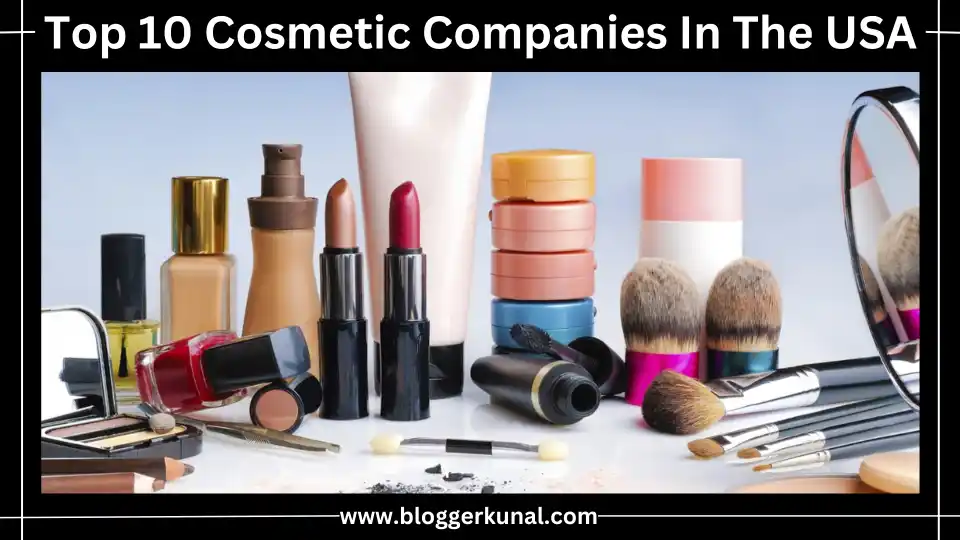The US cosmetics industry is one of the largest and most influential markets globally. Known for its innovation, diversity, and high standards, the industry encompasses a wide range of products, including skincare, makeup, haircare, and fragrances. The market is characterized by both long-standing heritage brands and emerging indie labels, all competing to meet the ever-evolving demands of consumers.
The US cosmetics industry has a significant impact on global beauty trends, often setting the standard for product development, marketing strategies, and consumer preferences. This blog will explore the top 10 cosmetic companies in the USA, examining their histories, key products, market presence, and contributions to the beauty industry.
Cosmetic companies in the USA play a crucial role in shaping beauty standards, driving innovation, and contributing to the economy. These companies are not only important for their financial performance but also for their influence on cultural and social norms. They invest heavily in research and development to bring cutting-edge products to market, often leading the way in sustainability, inclusivity, and technology.
Furthermore, the cosmetic industry in the USA is a major employer, providing jobs across various sectors such as manufacturing, marketing, retail, and research. The industry’s commitment to ethical practices and sustainability also reflects broader societal values, making it a vital part of the American economy and culture.
The selection of the top 10 cosmetic companies in the USA is based on several factors, including market share, brand reputation, product innovation, sustainability efforts, and customer loyalty. Each company listed has demonstrated excellence in these areas, making significant contributions to the cosmetics industry both domestically and globally.
Read More: Top 10 Cosmetic Companies In India
10 Best Cosmetic Companies In The USA
1. Estée Lauder
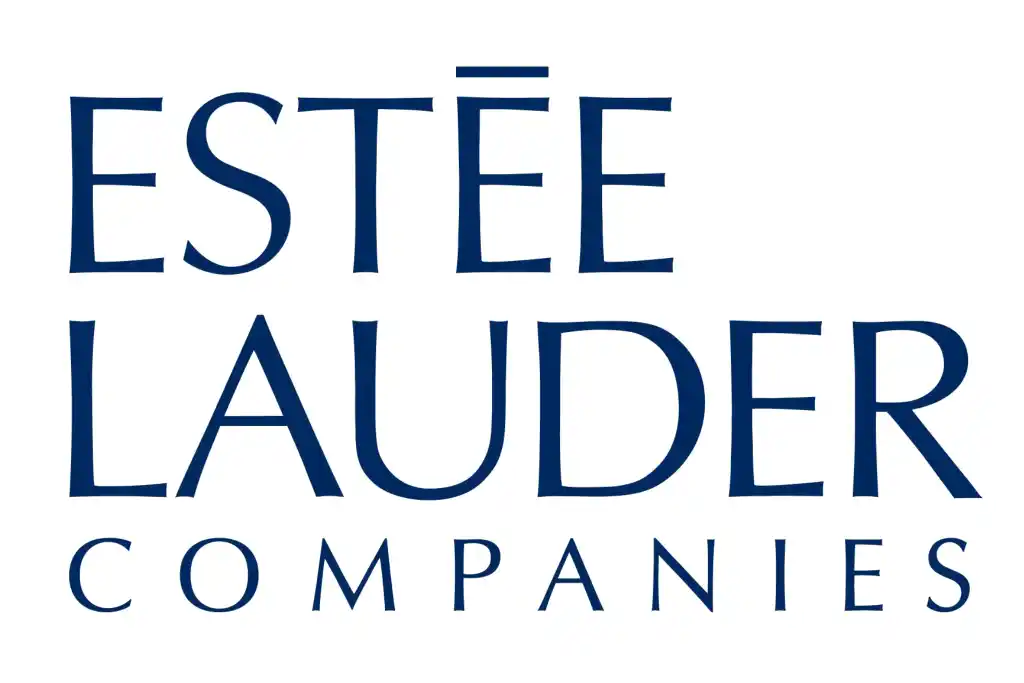
History
Founded in 1946 by Estée Lauder and her husband Joseph Lauder, Estée Lauder Companies Inc. started with just four products. Today, it is a global leader in prestige beauty with a diverse portfolio of over 25 brands, including Clinique, MAC, Bobbi Brown, and La Mer.
Key Products
Estée Lauder is known for its high-quality skincare, makeup, and fragrance products. Some of its bestsellers include Advanced Night Repair Serum, Double Wear Foundation, and Pure Color Envy Lipstick.
Market Presence
The company has a strong presence in more than 150 countries. Its products are sold through various channels, including department stores, specialty retailers, and e-commerce platforms.
Innovations
Estée Lauder has been at the forefront of beauty innovations, particularly in anti-aging skincare and high-performance makeup. The company’s investment in research and development ensures a steady stream of cutting-edge products.
Read More: Top 10 Cosmetic Companies In The UK
2. L’Oréal USA
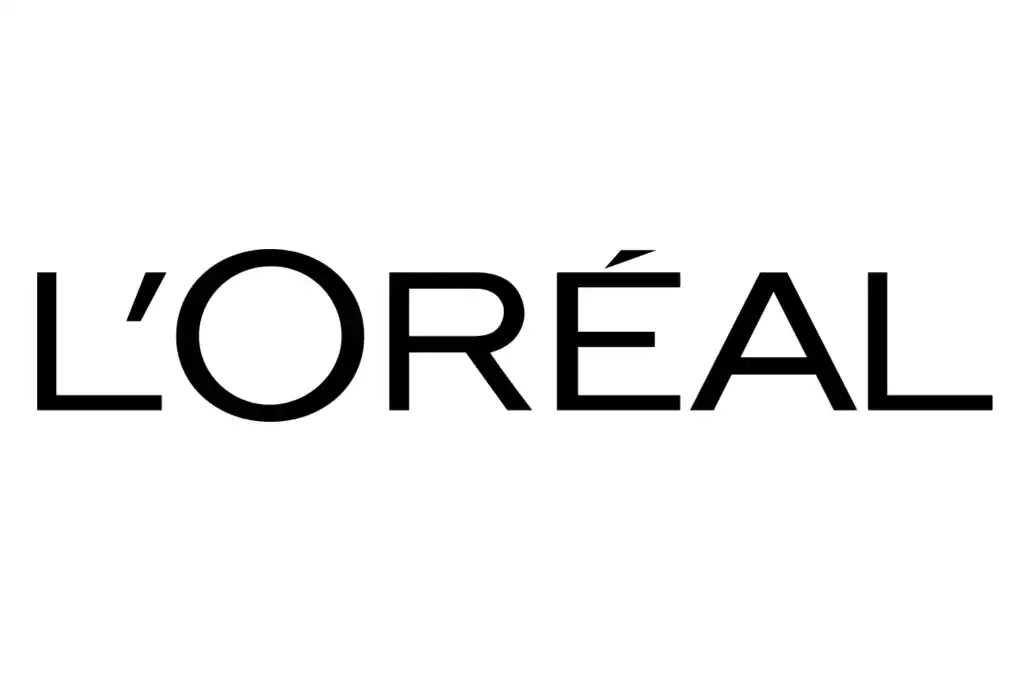
History
L’Oréal USA is the largest subsidiary of the L’Oréal Group, a global beauty giant founded in 1909 by Eugène Schueller. The US division oversees several popular brands, including L’Oréal Paris, Maybelline New York, Lancôme, and Kiehl’s.
Key Products
L’Oréal USA offers a wide range of products across skincare, haircare, makeup, and fragrances. Iconic products include L’Oréal Paris Revitalift, Maybelline New York Great Lash Mascara, and Lancôme La Vie Est Belle.
Market Presence
With a robust presence in mass-market retail, specialty stores, and online platforms, L’Oréal USA reaches a broad audience. The company’s marketing strategies and celebrity endorsements have solidified its position in the market.
Sustainability Efforts
L’Oréal USA is committed to sustainability through its Sharing Beauty With All program, which focuses on reducing environmental impact, enhancing social welfare, and promoting sustainable innovation.
Read More: Top 10 Cosmetic Companies In Dubai
3. Procter & Gamble (P&G)
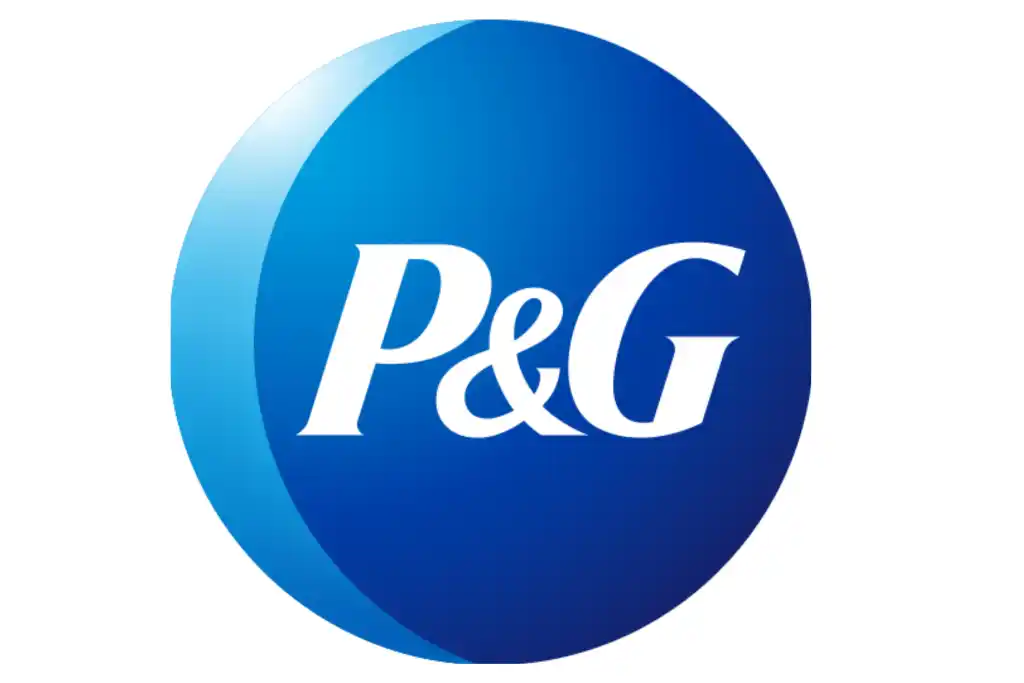
History
Procter & Gamble, founded in 1837 by William Procter and James Gamble, is a multinational corporation with a significant presence in the beauty and personal care sector. P&G owns several well-known brands, including Olay, Pantene, and Head & Shoulders.
Key Products
P&G’s beauty brands offer a variety of products, with bestsellers such as Olay Regenerist, Pantene Pro-V, and Head & Shoulders shampoo. The company is known for its science-driven approach to product development.
Market Presence
P&G’s products are widely available in supermarkets, drugstores, and online. The company’s extensive distribution network ensures that its brands are easily accessible to consumers worldwide.
Brand Evolution
P&G continually evolves its brands to stay relevant in the competitive beauty market. This includes investing in new technologies, expanding product lines, and adapting to changing consumer preferences.
4. Johnson & Johnson
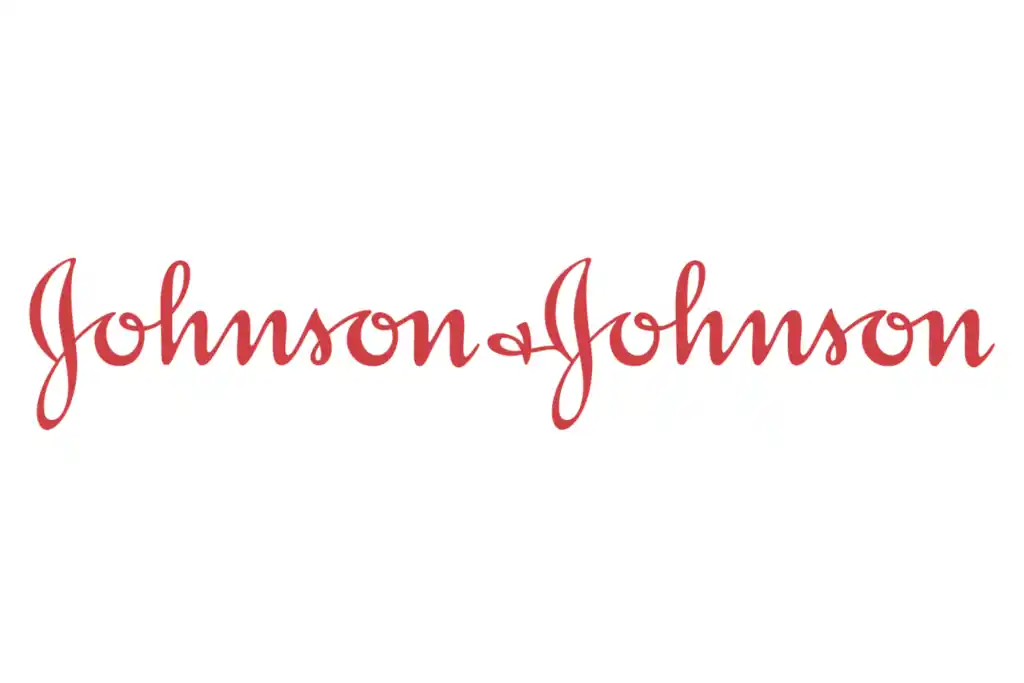
History
Johnson & Johnson, founded in 1886, is a global healthcare company with a significant footprint in the beauty and personal care industry. Its beauty division includes popular brands like Neutrogena, Aveeno, and Clean & Clear.
Key Products
Johnson & Johnson’s beauty products are trusted for their efficacy and safety. Key products include Neutrogena Hydro Boost, Aveeno Daily Moisturizing Lotion, and Clean & Clear Morning Burst Cleanser.
Market Presence
The company’s products are widely distributed through drugstores, supermarkets, and online retailers. Johnson & Johnson’s reputation for quality and reliability has made it a trusted name in skincare.
Ethical Practices
Johnson & Johnson is committed to ethical practices, including responsible sourcing, sustainability initiatives, and community engagement. The company focuses on improving health and wellness through its products and corporate actions.
5. Coty Inc.
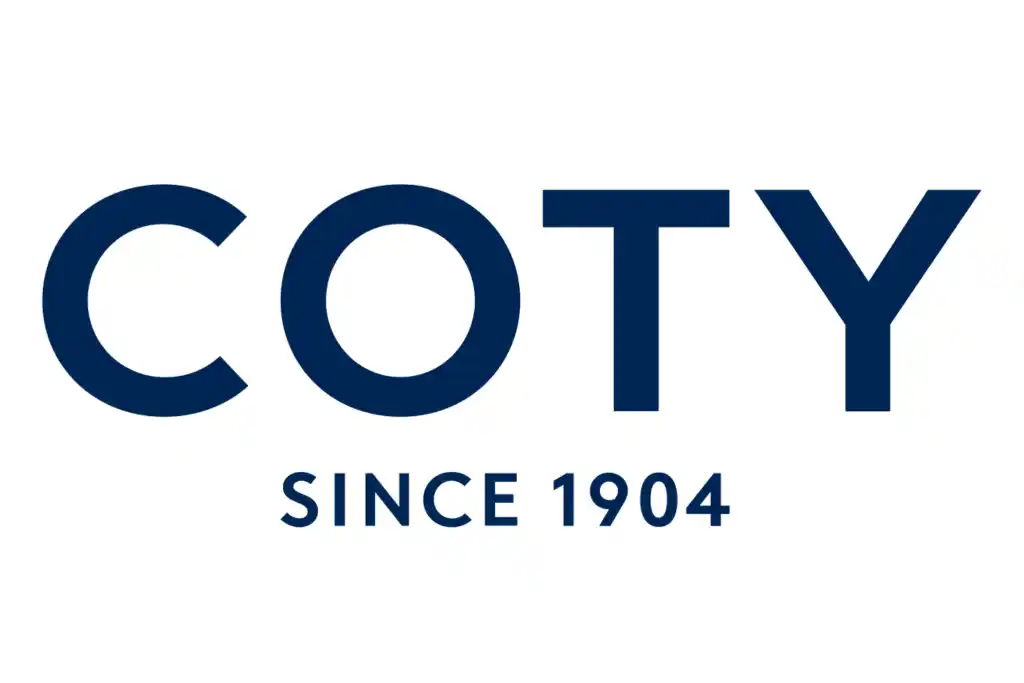
History
Coty Inc. was founded in 1904 by François Coty and has grown into a major player in the global beauty industry. The company owns a diverse portfolio of brands, including CoverGirl, Rimmel, Sally Hansen, and Calvin Klein fragrances.
Key Products
Coty’s product range spans cosmetics, skincare, and fragrances. Notable products include CoverGirl LashBlast Mascara, Rimmel Stay Matte Foundation, and Calvin Klein CK One.
Market Presence
Coty’s brands are available in mass-market retailers, specialty stores, and online platforms. The company’s strategic acquisitions and partnerships have expanded its market reach and brand portfolio.
Brand Diversity
Coty’s diverse brand portfolio allows it to cater to various consumer segments, from luxury to mass-market. This diversity has been a key factor in the company’s growth and resilience in the beauty industry.
6. Revlon
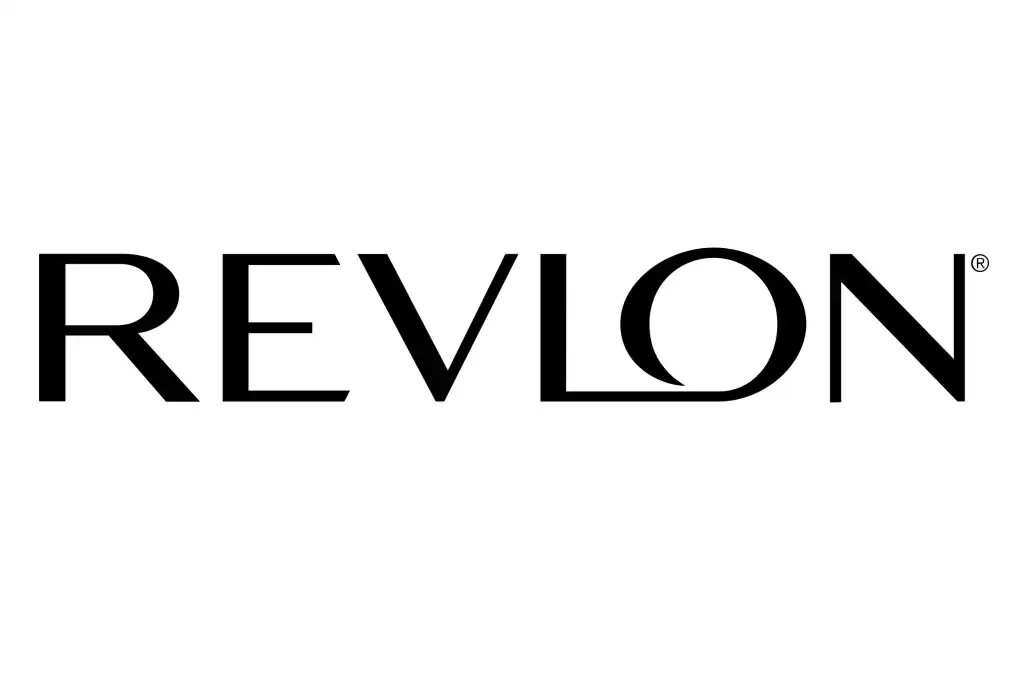
History
Revlon was founded in 1932 by Charles Revson, Joseph Revson, and Charles Lachman. The company quickly became known for its nail polish and lipstick and has since expanded into a full range of beauty products.
Key Products
Revlon offers a variety of makeup, skincare, and haircare products. Popular items include Revlon Super Lustrous Lipstick, ColorStay Foundation, and One-Step Hair Dryer and Volumizer.
Market Presence
Revlon products are widely available in drugstores, supermarkets, and online. The company’s accessible pricing and broad distribution have made it a favorite among consumers.
Challenges and Rebirth
Revlon has faced various challenges, including financial difficulties and market competition. However, the company has continuously reinvented itself through innovative products and strategic marketing.
7. Avon
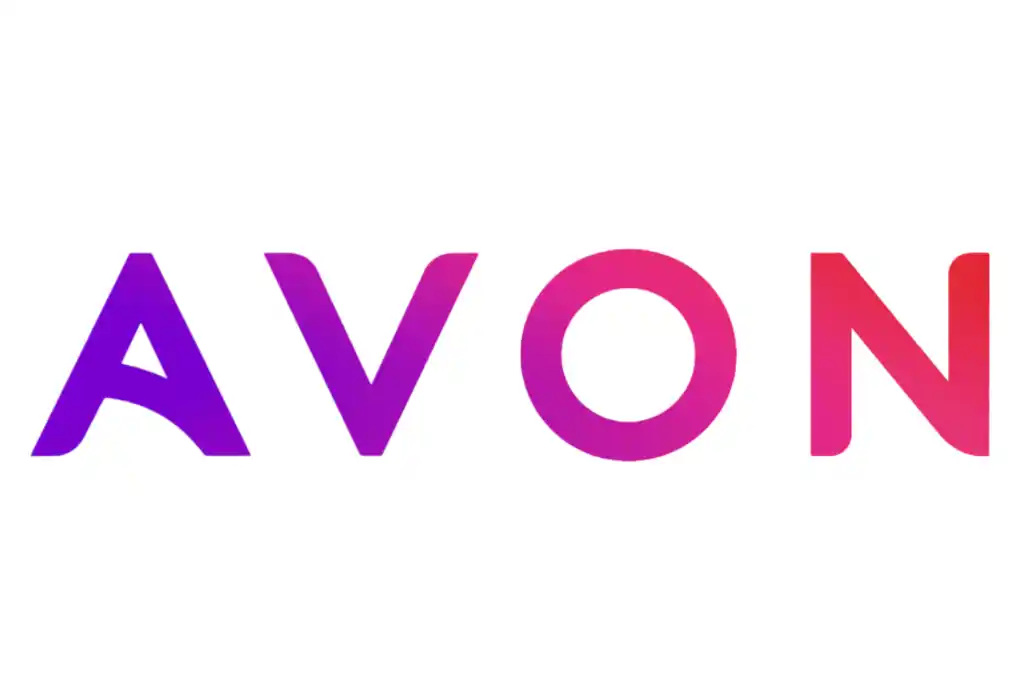
History
Avon was founded in 1886 by David H. McConnell as the California Perfume Company. It later became Avon Products, Inc., known for its direct selling model and empowering women through entrepreneurship.
Key Products
Avon offers a wide range of products, including skincare, makeup, fragrances, and personal care items. Bestsellers include Anew Clinical Line Eraser, Avon True Color Lipstick, and Skin So Soft Body Oil.
Market Presence
Avon’s direct selling model has been a cornerstone of its market presence. Representatives sell products through catalogs, online, and in person, creating a personalized shopping experience.
Direct Selling Model
Avon’s direct selling model has empowered millions of women around the world by providing them with business opportunities. This model has been central to Avon’s identity and success.
8. Mary Kay
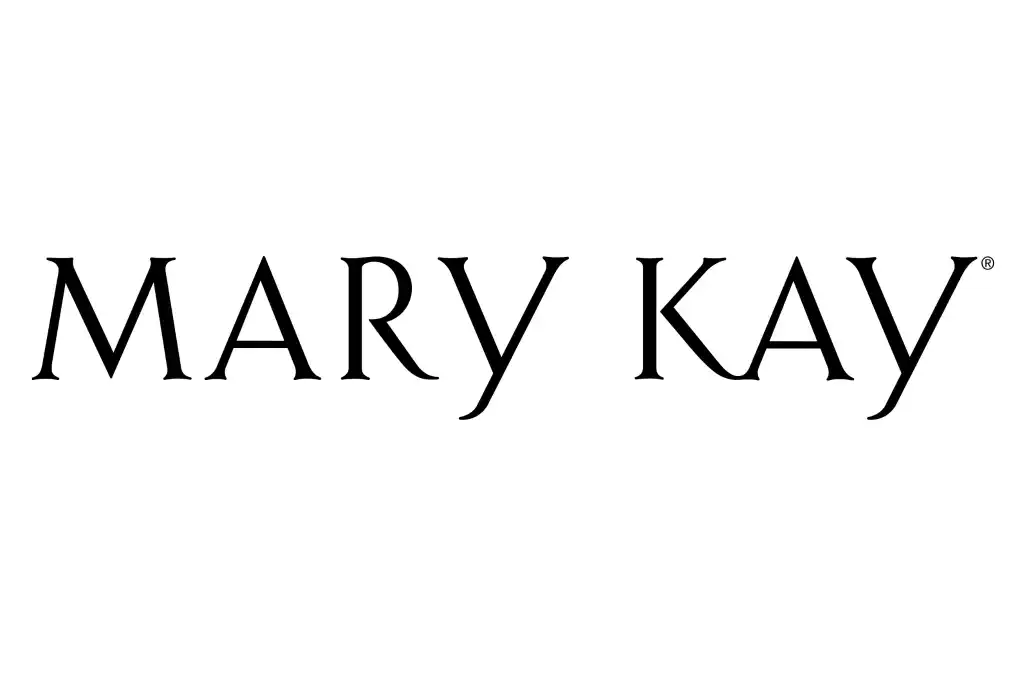
History
Mary Kay was founded in 1963 by Mary Kay Ash with the mission to enrich women’s lives. The company is known for its high-quality skincare and cosmetics and its unique direct selling approach.
Key Products
Mary Kay’s product range includes skincare, makeup, and fragrances. Popular products include TimeWise Miracle Set, Satin Hands Pampering Set, and Ultimate Mascara.
Market Presence
Mary Kay products are sold through independent beauty consultants, who provide personalized service to customers. The company’s direct selling model has created a loyal customer base.
Empowerment Initiatives
Mary Kay is committed to empowering women through its business model and philanthropic efforts. The company supports various initiatives focused on education, health, and domestic violence prevention.
9. Clinique
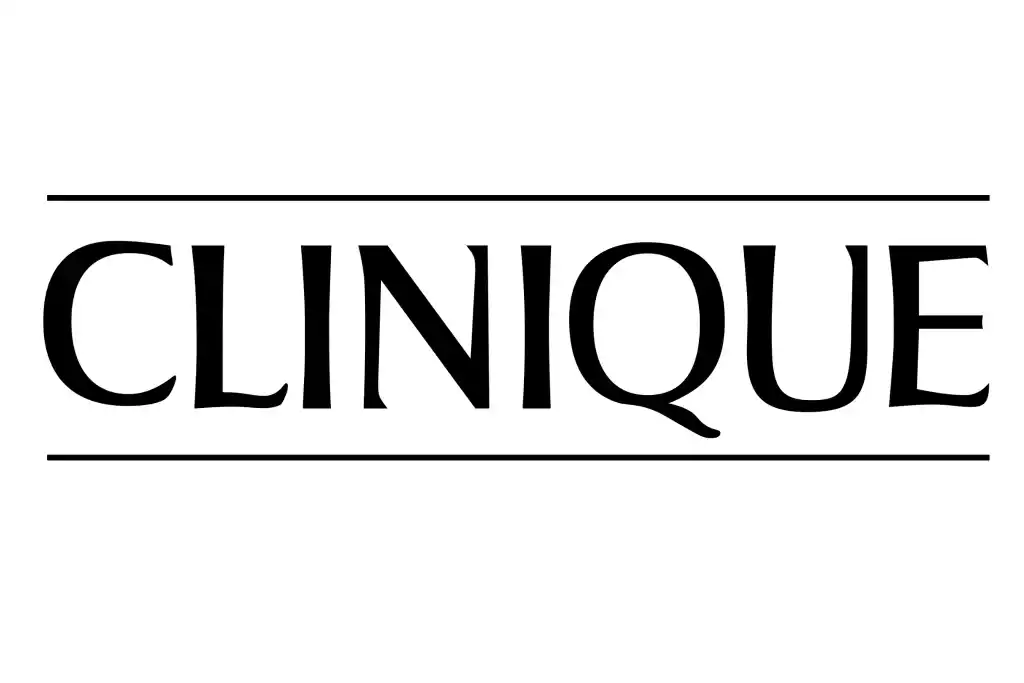
History
Clinique was founded in 1968 as a subsidiary of Estée Lauder Companies. It was the first dermatologist-developed, allergy-tested, and fragrance-free brand in the beauty industry.
Key Products
Clinique is known for its skincare and makeup products that are formulated to be gentle and effective. Bestsellers include the Dramatically Different Moisturizing Lotion, Moisture Surge 72-Hour Auto-Replenishing Hydrator, and Even Better Foundation.
Market Presence
Clinique products are available in department stores, specialty retailers, and online. The brand’s clinical approach and emphasis on skincare have made it a trusted name among consumers.
Dermatological Approach
Clinique’s dermatological approach sets it apart in the beauty industry. The brand focuses on creating products that address specific skin concerns, backed by scientific research and testing.
10. e.l.f. Cosmetics
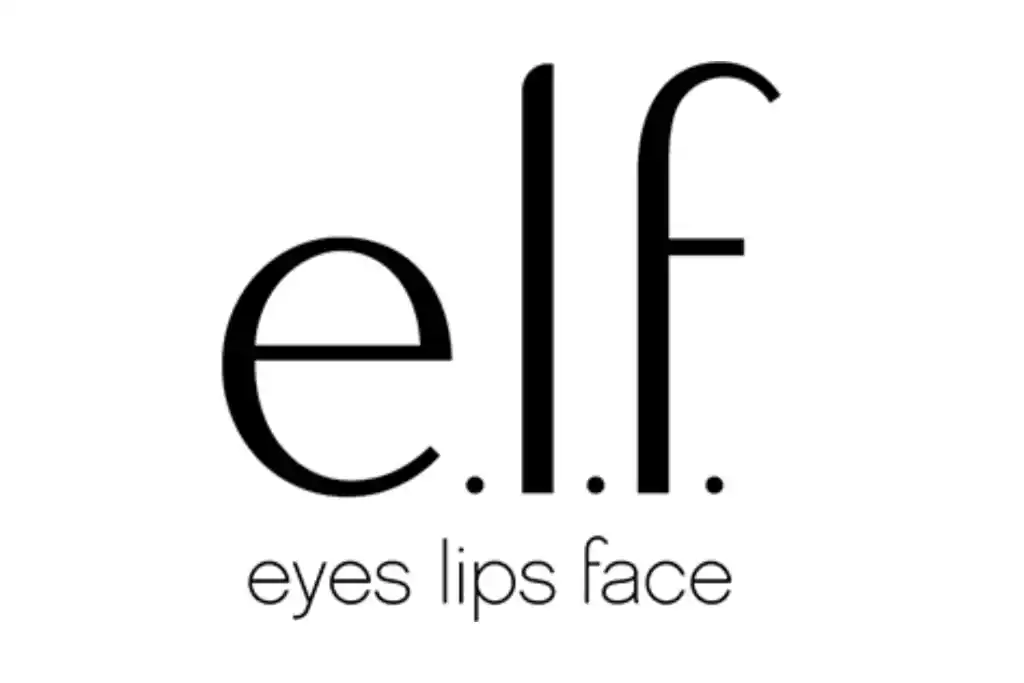
History
e.l.f. Cosmetics (Eyes Lips Face) was founded in 2004 by Joseph Shamah and Scott Vincent Borba with a mission to make high-quality beauty products accessible to everyone.
Key Products
e.l.f. Cosmetics offers a wide range of affordable makeup and skincare products. Popular items include the Poreless Putty Primer, 16HR Camo Concealer, and Bite-Size Eyeshadows.
Market Presence
e.l.f. products are available in mass-market retailers, drugstores, and online. The brand’s affordable pricing and trend-driven product offerings have made it popular among a broad audience.
Affordable Luxury
e.l.f. Cosmetics is known for providing luxury-quality products at affordable prices. This value proposition has helped the brand gain a loyal following and stand out in the crowded beauty market.
Conclusion
The US cosmetics industry is a vibrant and dynamic market, home to some of the world’s leading beauty brands. From the luxury offerings of Estée Lauder and L’Oréal USA to the accessible beauty solutions from e.l.f. Cosmetics and Revlon, these companies exemplify innovation, quality, and consumer trust.
The future of the US cosmetics industry looks promising, driven by trends such as sustainability, inclusivity, and technological advancements. Consumers are increasingly seeking products that are not only effective but also ethically produced and environmentally friendly.
The top 10 cosmetic companies in the USA have each made significant contributions to the beauty industry. Whether it’s through pioneering skincare innovations, empowering business models, or delivering high-quality makeup at affordable prices, these brands continue to shape the future of beauty.
Frequently Asked Questions (FAQs)
What are the top US cosmetic companies known for?
The top US cosmetic companies are known for their innovation, high-quality products, ethical practices, and strong market presence. Brands like Estée Lauder and L’Oréal USA lead in prestige beauty, while e.l.f. Cosmetics and Revlon are celebrated for their accessibility and affordability.
How has the US cosmetics industry evolved over the years?
The US cosmetics industry has evolved significantly, with advancements in technology, shifts in consumer preferences, and increased focus on sustainability and inclusivity. The industry has seen a move towards natural and organic products, as well as a growing emphasis on ethical production practices.
What makes a cosmetic company successful in the US market?
A successful cosmetic company in the US market typically offers high-quality, innovative products that meet consumer needs and preferences. Strong branding, effective marketing strategies, and a commitment to sustainability and ethical practices also contribute to a company’s success.
Are US cosmetic companies focused on sustainability?
Yes, many US cosmetic companies are focused on sustainability. Brands like L’Oréal USA, Johnson & Johnson, and Mary Kay prioritize ethical sourcing, environmentally friendly packaging, and cruelty-free products, reflecting the growing consumer demand for sustainable beauty options.
Which US cosmetic brands are the most innovative?
Brands like Estée Lauder, Clinique, and e.l.f. Cosmetics are considered some of the most innovative in the US cosmetics industry. They are known for their cutting-edge formulations, unique product offerings, and creative marketing strategies.
How do US cosmetic companies incorporate natural ingredients?
US cosmetic companies like Johnson & Johnson and Coty Inc. incorporate natural ingredients by sourcing high-quality, sustainable raw materials and formulating products that leverage the benefits of these ingredients. They often emphasize the purity and effectiveness of natural components in their marketing.
What are the biggest challenges facing US cosmetic companies?
Challenges facing US cosmetic companies include increasing competition, the need for continuous innovation, regulatory compliance, and addressing consumer concerns about sustainability and ethical practices. Additionally, the impact of economic fluctuations and global supply chain issues can pose significant challenges.
How do US cosmetic companies compete in the global market?
US cosmetic companies compete in the global market by leveraging their strong brand identities, high-quality products, and innovative approaches. They often emphasize their American heritage and commitment to ethical practices, which resonate with international consumers.
What are the latest trends in the US cosmetics industry?
The latest trends in the US cosmetics industry include a focus on clean beauty, sustainable packaging, inclusivity in product offerings, and the integration of technology in beauty products. There is also a growing demand for personalized beauty solutions.
How can consumers choose the best US cosmetic products?
Consumers can choose the best US cosmetic products by researching the brands, reading product reviews, and considering their own skin type and preferences. It’s also important to look for certifications and labels that indicate ethical and sustainable practices.
